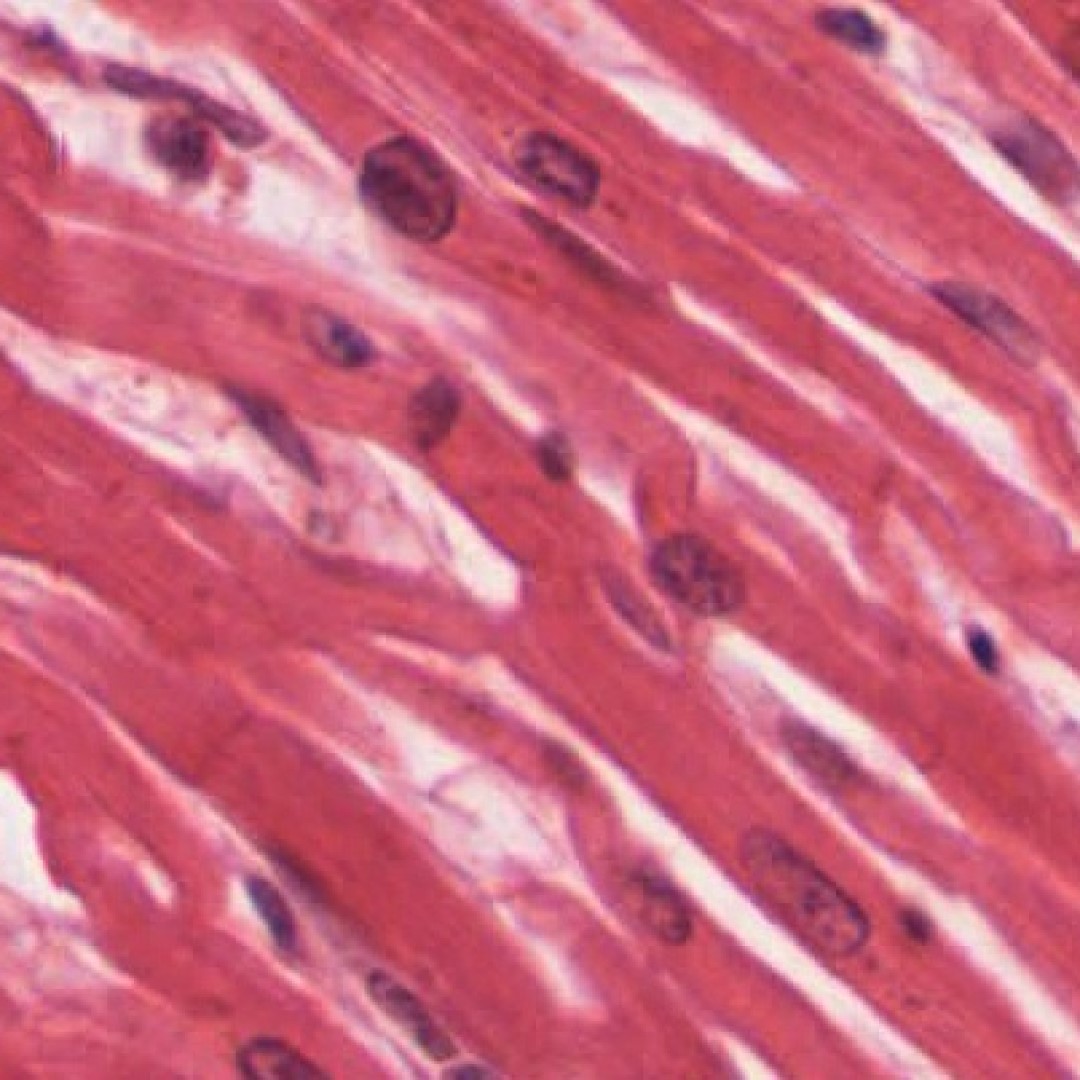
Genetic variant increases risk of heart muscle disease common in individuals of African ancestry
On Oct. 31, 2025, investigators from Mass General Brigham, the Broad Institute of MIT and Harvard, and VA Boston have identified a common gene variant that substantially increases Dilated cardiomyopathy (DCM) risk — a discovery made possible through large, ancestrally diverse biobanks.
DCM, a leading cause of heart failure, is twice as common in Black individuals as in white individuals. This excess risk is not fully explained by known risk factors such as high blood pressure or socioeconomic barriers to care. The findings, published in Nature Genetics, indicate that in individuals of African descent, this single mutation may be as important to DCM risk as hypertension.
The study used genetic information from over 95,000 participants of African genetic ancestry in the VA Million Veteran Program (MVP), including nearly 2,000 individuals with DCM. Through a genome-wide association study, designed to pinpoint slight differences between the DNA of those with and without DCM, the researchers determined that a one-letter change in the code of the CD36 gene was associated with a 33 percent increase in risk of DCM. Individuals who inherited faulty copies of CD36 from both parents had nearly three-fold increased odds of DCM.
CD36 encodes a protein that imports fatty acids into heart muscle cells — a critical fuel source for cardiac contraction. The specific CD36 gene variant linked to DCM was found in 17 percent of those with African ancestry, but less than 0.1 percent of those with European ancestry, a difference that the researchers speculate may be due to an association between the gene variant and malarial resistance.
The researchers — including co-first authors Jennifer Huffman and Liam Gaziano of VA Boston and Zeina Al Sayed of Broad, and co-senior authors Yan Sun of the Atlanta VA Medical Center and Jacob Joseph of VA Boston — validated the association between CD36 and DCM in over 11,000 participants of African ancestry from the Penn Medicine Biobank. In three other cohorts with cardiac imaging data, the researchers found that carriers of the CD36 variant demonstrated evidence of impaired heart functioning even before manifesting symptoms of heart failure.
Overall, the researchers estimate that this single variant may account for approximately 20 percent of the excess risk of DCM observed in Black patients compared to white patients.
The researchers are now exploring how CD36 compares to other genetic drivers of DCM, and whether targeting this pathway could help normalize cardiac energetics.
Tags:
Source: Mass General Brigham
Credit: Image: Micrograph of cardiac muscle tissue, courtesy: Regents of University of Michigan Medical School, 2012.
